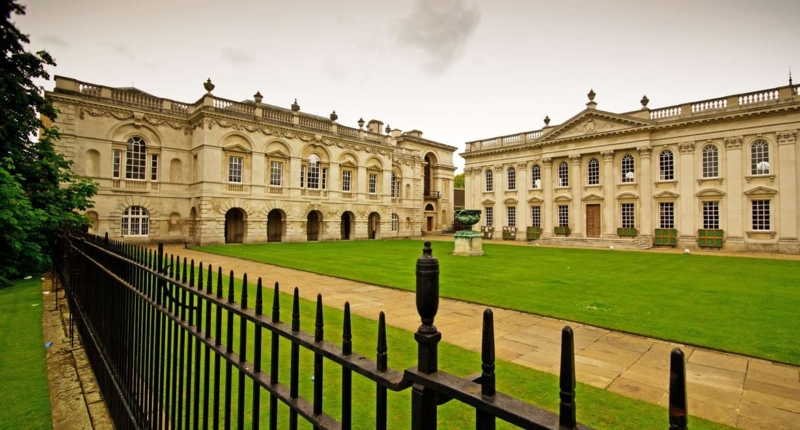The University of Cambridge contributes nearly £30 billion to the UK economy annually, with research, entrepreneurial activities, tourism, and graduates’ increased value to employment all contributing to the impact. The university supports over 86,000 jobs across the UK, with almost 80% of the £29.8 billion comprising research and knowledge exchange activities, including 178 spin-out and 213 start-up companies that have emerged from the Cambridge cluster. Cambridge is also the UK’s most successful entrepreneurial ecosystem and one of the world’s leading innovation clusters. Additionally, tourism associated with the university, including its museums and Botanic Garden, is worth £587 million to the UK economy. The University of Cambridge’s spin-outs alone contribute over £23 billion of economic impact annually.
According to a report by London Economics, the University of Cambridge contributes approximately £29.8 billion to the UK economy each year. The financial contribution is four times that of the Premier League. The report revealed that research, entrepreneurial activities, tourism, and increased value that graduates bring to employment contribute to this impact. The university supports more than 86,000 jobs across the UK, with almost 80% of the £29.8 billion comprising research and knowledge exchange activities, including 178 spin-out and 213 start-up companies that have emerged from the Cambridge cluster. The report also states that the university creates £11.70 of economic impact for every £1 spent and generates £12.65 million in economic impact across the UK for every £1 million of publicly-funded research income received. Educational exports, including international tuition, teaching and learning, university and college spending, and tourism are also included in the sum.
The report highlights the impact of research, such as the saving of at least £120m of public money in the South West through improved surveillance of bovine tuberculosis, and innovation in drug discovery techniques, which created around 140 jobs in Cambridge for biopharmaceutical company Astex.
Acting Vice-Chancellor Dr Anthony Freeling said the report demonstrates the impact of international excellence and investing in innovation. Developing “one of the world’s leading innovation clusters” from the university was the result of a very deliberate strategy of innovation and commercialisation.
According to Dr Diarmuid O’Brien, the CEO of Cambridge Enterprise, the university’s commercialisation arm, Cambridge is the UK’s most successful entrepreneurial ecosystem and one of the world’s leading innovation clusters. Knowledge transfer and commercialisation activities form a significant proportion of the university’s contribution to the UK economy. Cambridge Enterprise is a crucial engine in delivering economic impact for the University of Cambridge.
Tourism associated with the University of Cambridge also contributes significantly to the UK economy, according to the report. Calculated with pre-Covid visiting data and average spending, tourism was worth £587 million to the economy. There were 462,000 overseas visitors to Cambridge in 2019, with 260,000 of them assumed to be associated with the university. Much of the economic impact of tourism was attributed to the culture and heritage of the university, including its eight museums and the Botanic Garden, which brought in more than one million visitors annually before the pandemic.
The University of Cambridge’s spin-outs, which are managed by Parkwalk, contribute significantly to the UK economy. Its CEO, Moray Wright, stated that over £23 billion of economic impact in a single year is attributable to the University of Cambridge’s spin-outs alone. Wright also urged the UK to create a financial and regulatory ecosystem that fosters the growth and commercial success of spin-out companies on UK soil.
The report indicates that the University of Cambridge contributes £29.8 billion to the UK economy annually, four times more than the Premier League. It creates £11.70 of economic impact for every £1 spent and generates £12.65 million in economic impact across the UK for every £1 million of publicly-funded research income received. Almost 80% of the £29.8 billion comes from research and knowledge exchange activities, including 178 spin-out and 213 start-up companies from the Cambridge cluster.
Don’t miss interesting posts on Famousbio









